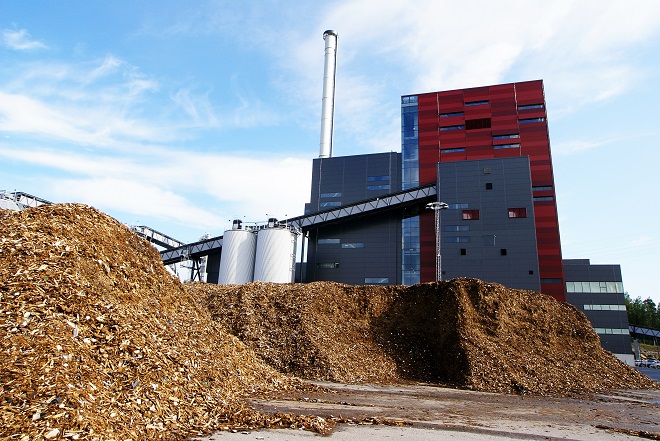MA Groups Push Bill to Stop Clean-Energy Subsidies for Woody Biomass Plants

Lily Bohlke – Commonwealth News Service
SPRINGFIELD, Ma. — Groups working to reduce air pollution are testifying at a hearing today to urge state lawmakers to prevent wood-burning biomass from being classified as a renewable-energy source.
Dr. Mary Booth, with Partnership for Policy Integrity, said Massachusetts subsidizes clean-energy production, but regulations need to be strengthened to make sure woody biomass power plants cannot qualify.
She noted biomass can actually produce more carbon dioxide than fossil fuels, and added without technology yet to sequester carbon at a mass scale, maintaining forests is key.
“Forests take carbon out of the air and convert it,” Booth explained. “So we need an incentive structure that promotes preserving and restoring forests, not burning them for fuel and liquidating forest carbon stocks into the atmosphere.”
Booth said in 2012, the Commonwealth did strengthen regulations to only include wood-burning power plants that would emit less carbon than a natural-gas plant over 20 years. But since then, some protections have been rolled back by the Baker administration in ways she said especially harm communities on the front lines of the climate crisis.
Dr. Brita Lundberg, board chair of Greater Boston Physicians for Social Responsibility, said air pollution from wood-burning power plants leads to negative health outcomes for folks in neighboring communities – from heart disease, stroke and respiratory issues to lung cancer and pneumonia – and increases Medicare costs. She said asking taxpayers to subsidize the pollution of their own communities, or communities in neighboring states, is wrong.
“Air pollution kills more than 10,000 people in the U.S.; 600 people here in Massachusetts just last year,” Lundberg reported. “And a disproportionate number of those come from low-income and minority communities.”
Lundberg added policy supporting the financing of wood-burning plants does not align with the Commonwealth’s commitment to net-zero carbon emissions in Massachusetts and will worsen the climate crisis. She hopes today’s hearing will lead to swift passage of the bill, and urged the governor to show leadership on the issue by signing it, if it comes to his desk.
